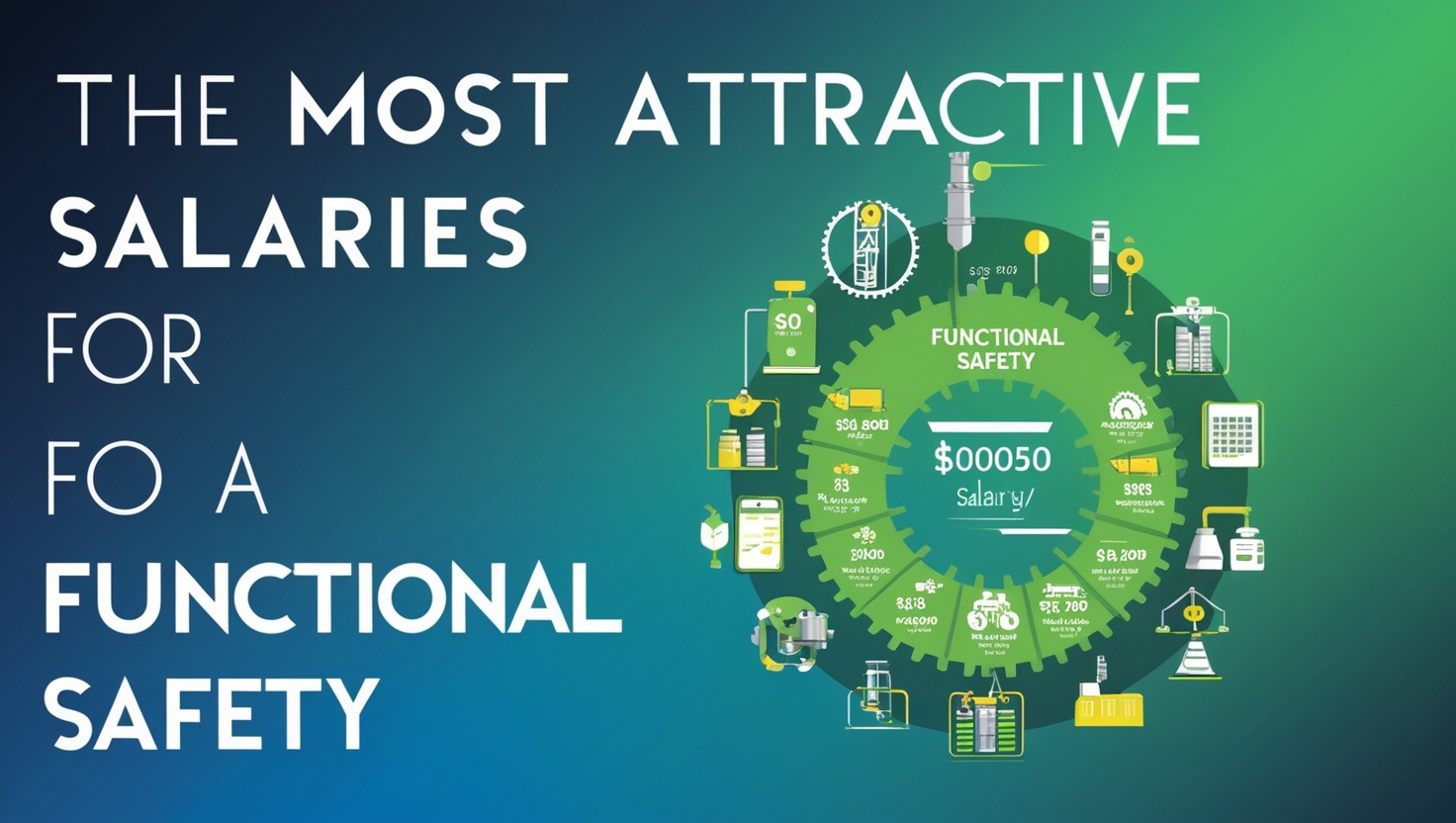The salaries of engineers working in the field of functional safety can vary significantly depending on factors such as location, years of experience, level of education, and the specific industry they are working in. Functional safety is a critical aspect of many engineering fields, particularly in industries like automotive, aerospace, energy, and manufacturing. Engineers in this area are responsible for ensuring that systems and components function safely, even in the case of failures or unexpected events, thus their work is highly valued.
In general, engineers specializing in functional safety can expect competitive salaries due to the specialized nature of their expertise. Entry-level engineers with a degree in electrical, mechanical, or systems engineering can expect to earn around $60,000 to $80,000 annually, depending on the region and the specific industry they are entering. However, those with a few years of experience can see significant increases in their earning potential. Mid-career professionals, with five to ten years of experience, can earn between $90,000 and $120,000 per year, while those with more than ten years of experience or those who hold leadership positions in their field may see salaries exceeding $130,000 annually.
Location plays a major role in salary variations. Engineers in countries with a higher cost of living, such as the United States, Switzerland, or Germany, tend to have higher salaries compared to those in regions with lower living costs. For example, in the U.S., functional safety engineers working in major technology hubs like Silicon Valley or in industries like automotive and aerospace can command salaries at the higher end of the spectrum. In countries such as Germany, which has a strong automotive and industrial sector, salaries are also competitive, though they may differ slightly from those in the U.S. due to differences in market dynamics and living costs.
Another important factor is the specific industry in which functional safety engineers are employed. The automotive industry, especially with the rise of autonomous driving technology, places a premium on safety engineers due to the complexity and critical nature of their work. Engineers in this sector can expect salaries toward the higher end of the scale, particularly if they are involved in cutting-edge projects or are based in locations known for high demand, such as Stuttgart, Germany, or Detroit, Michigan, in the U.S.
On the other hand, engineers working in industries like energy or manufacturing may see somewhat lower salaries, though these fields still offer competitive compensation packages. The demand for functional safety engineers in these sectors is growing, particularly as companies seek to meet stricter safety regulations and ensure the reliability of complex industrial systems.
In addition to base salaries, many functional safety engineers receive a range of benefits, including performance-based bonuses, stock options, and health insurance. These additional benefits can significantly increase the overall compensation package, making it even more attractive. Furthermore, professional certifications, such as the TÜV Functional Safety certification, can enhance an engineer’s marketability and potentially lead to higher pay and career advancement opportunities.
Overall, the demand for functional safety engineers is expected to continue growing as industries become increasingly focused on safety, reliability, and compliance with stringent regulations. With a combination of high demand for their skills, the increasing complexity of safety-critical systems, and the specialized knowledge required, engineers in this field are well-compensated for their expertise.

